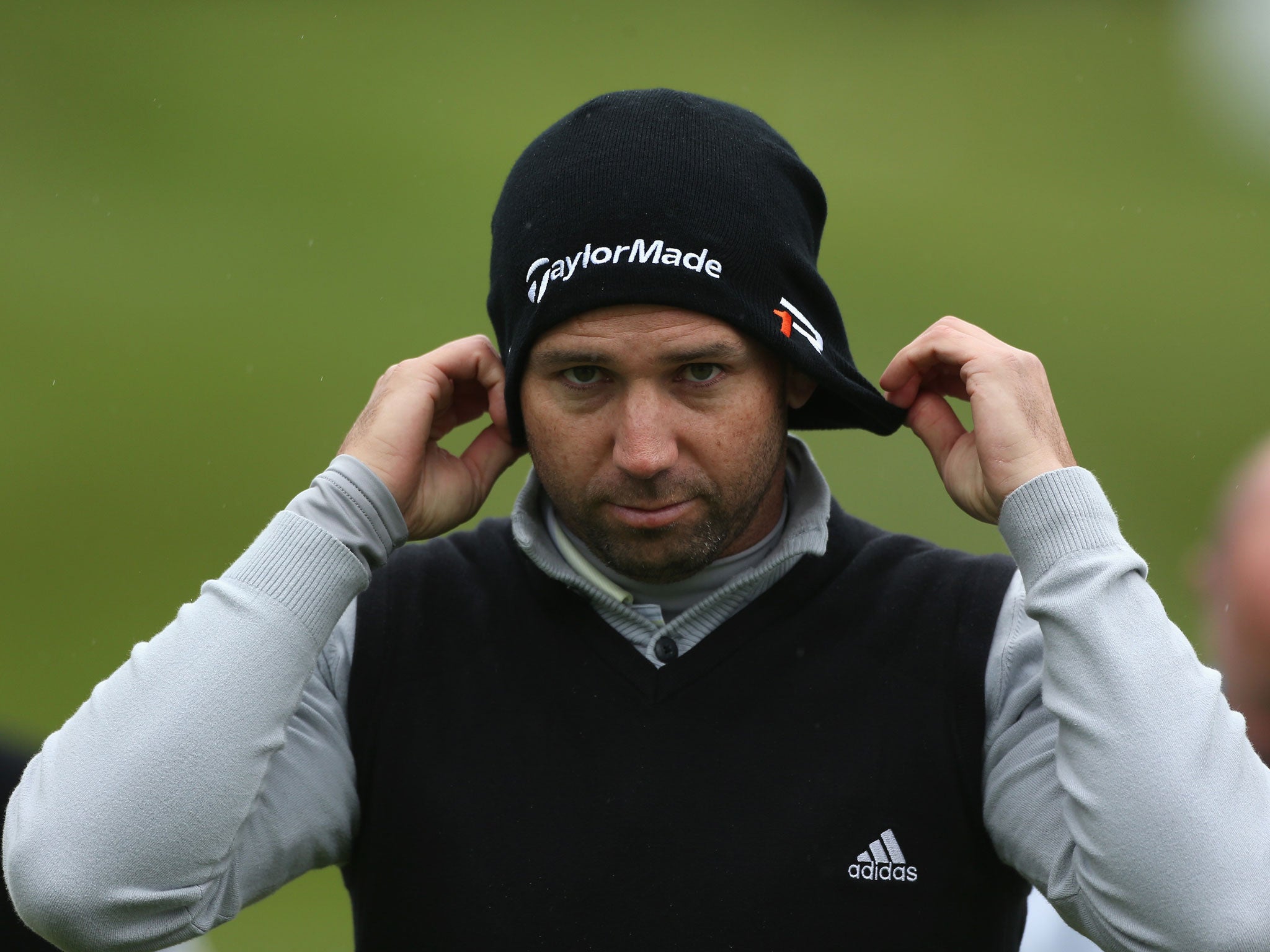The Last Word: Please will the disease of sleaze ride out of the arena
The only remedy for despair is to remember darkest clouds blow through

Sometimes a sport wakes up with a thumping hangover, bleared images sliding between the throb of its temples, and asks itself: “Did I really make that crack about fried chicken?” But everything tends to be OK after an aspirin or two – after an Angel Cabrera, say, or a Bubba Watson.
Even IPL disease typically requires only a five-day course of Test cricket (just add water). But sometimes a sport is diagnosed in clinical depression: so immersed in darkness that it feels immured.
For British horseracing, this is supposed to be the most invigorating week of the year. Next Saturday, it welcomes a lustrous favourite for the Investec Derby in Dawn Approach. But seldom has its professional community seemed in such urgent need of succour. Every day seems to bring a new betrayal.
This week the Mahmood al-Zarooni scandal was exacerbated by news that another seven horses supervised by the disgraced Godolphin trainer had tested positive for anabolic steroids. These included Encke, who won the St Leger last September – which success, under young Mickael Barzalona, meanwhile plunged Frankie Dettori into such reckless envy he failed a drugs test in France the very next day.
In turn, however, Dettori’s current difficulties in retrieving his licence pale in comparison with those facing another top jockey. On Wednesday, Eddie Ahern, one of the most gifted riders of their generation, was banned for 10 years – a prohibition from which, at the age of 35, there is no sensible prospect of a comeback – for corruption. Ahern is trying to fund an appeal against an airy conclusion that it was “inconceivable” for his riding to have vindicated apparently toxic wagers without some reward. Whether or not Ahern can find a way out of his personal inferno, however, it is imperative for his sport not to lose faith in its redemptive properties.
Last Saturday, even in dismantling one fairy tale, America furnished another to rebuke every instinct towards discouragement. As the Kentucky Derby winner floundered into fourth in the Preakness Stakes, he resembled a dissolving mirage. Orb had seemed a genuine Triple Crown candidate but could not even get past the second leg. For a 35th year running, the real world had unsparingly intruded.
Yet that same, ruthless world had reserved little more than condescension for two veterans who forlornly failed to recognise that their time was long up. During the past decade or so, European reporters at the Breeders’ Cup have been poignantly struck to see their local counterparts rush past the barn housing the few horses nowadays entrusted to Wayne Lukas. Instead, they assembled outside the stables of younger, more fashionable trainers – many of whom had first learnt their trade under Lukas.
Nor did it feel right to see one of the greatest jockeys of all time stuck among those asking the questions. True, Gary Stevens still had glamour. Having more than held his own against Tobey Maguire and Jeff Bridges in Seabiscuit, he took a role in the HBO racing drama, Luck. But few imagined his dignity could also survive a sudden return last winter, at 50 and after a seven-year retirement, to the real thing. Sure enough, Stevens arrived at Pimlico last Saturday without a winner since 26 April.
At least Lukas, now 77, had meanwhile given him a Derby ride. Oxbow was an outsider, inevitably, but photographs of the two men in training during Derby week moistened eyes even across the ocean. Stevens seemed to be reprising his role as George “The Iceman” Woolf, in a brown leather jacket; and Lukas, albeit this time lacking one trademark – the 10-gallon hat – did wear the frilled chaps as he rode alongside on a big, white-faced hack. And Oxbow ran well: sixth of 19. Lukas resolved to pursue Orb to the Preakness, and sat his old bones in the horse lorry from Louisville for 12 hours.
This time, the younger jockeys were naïve enough to allow Stevens to set the pace. Turning for home, Stevens thrust the gears from second to fifth, and sewed up his ninth Triple Crown race. For Lukas, though a first since the 2000 Belmont, it was a record-breaking 14th – taking him past the great “Sunny Jim” Fitzsimmons.
Having struggled as a jockey, in 1900 Fitzsimmons was told by his mother-in-law that she had secured him a steady job on a Philadelphia tram. On his way to his first shift, he ran into a friend who was working for a trainer and was offered a job in the barn. Looking back, Fitzsimmons said: “You don’t think I’d have lived 80 years driving one of those things, do you?”
He finally retired at 88. With over a decade in hand, Lukas is now rolling on to the Belmont Stakes – a tonic for everyone who has ever been written off, whether for youthful misjudgement or the wrinkles of age. For sport, like people, has only one remedy against despair. And that is to remember that even the darkest clouds eventually blow through.
Join our commenting forum
Join thought-provoking conversations, follow other Independent readers and see their replies
0Comments